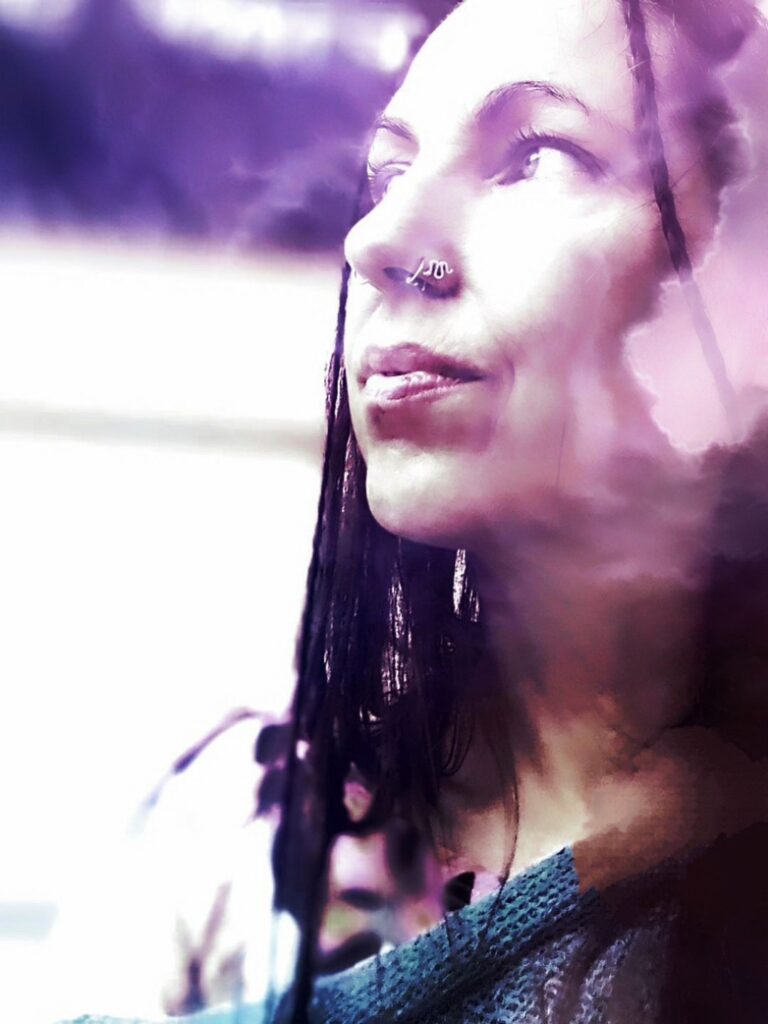The idea of enlightenment often comes with the expectation of liberation and healing from all kinds of human suffering, be it trauma, sickness, grief, or loss.
It doesn’t.
Enlightenment doesn’t happen to someone; rather, the “person” disappears and is seen for what it is: a fictional character based on memory, conditioning, and belief. “I am” is a thought; I am a thought.
There is no path to enlightenment, and it isn’t a healing journey or the final reward for spiritual practice. It is uncaused and neither cures cancer nor trauma nor makes the apparent world a better place. Instead, it is the sudden insight that nothing was ever broken, wrong, or in need of fixing. There is only what is: unknown, unnamed and innocent.
Trauma, illness, and other experiences are seen for what they are: stories, interpretations of the mind, transient and fluid. The person who seemingly owned these stories falls away, collapses. One realizes there was never anyone in control, no doer, no other. Life lives itself seamlessly, unfolding and expressing itself as this marvelous organic form.
Trauma represents cellular memories of survival, imprinted on the nervous system and DNA. These imprints are responses to life’s experiences, forming the narratives the brain creates.
This organic information concerns survival as an individual, a species, and a civilization. Conditioning is all about adaptation and survival. Nature and biology aren’t concerned with individual well-being; it’s raw.
However, the human species is equipped with a nervous system and a brain capable of experiencing the most delicate sensations and the most terrifying nightmares. How the central nervous system processes experiences and sensations conditions the individual’s reactions and behaviors.
With the brain shift, it becomes clear that there’s no one who controls the central nervous system, just as no one controls the heartbeat or the functioning of the pancreas. Organic intelligence doesn’t need an operator; it evolved a kind of “operating awareness function” in humans, usually perceived as a separate self.
Old pathways imprinted from traumatic experiences can still be triggered, and anxiety and PTSD symptoms might temporarily arise. However, with the disappearance of an identity to experience them and the loss of identification, any sensation in the nervous system is seen as a transient appearance out of the stream of aliveness. There’s no one to suffer from it anymore, which might indeed appear liberating.
This is similar with apparent illness: when the body has symptoms, they aren’t seen personally but are expressions of organic life. However, through the central nervous system, the body can experience pain and decline, which is untouched by enlightenment.
Enlightenment doesn’t make the body and its functions disappear. It remains vulnerable and dedicated to impermanence. Like all forms and appearances.

